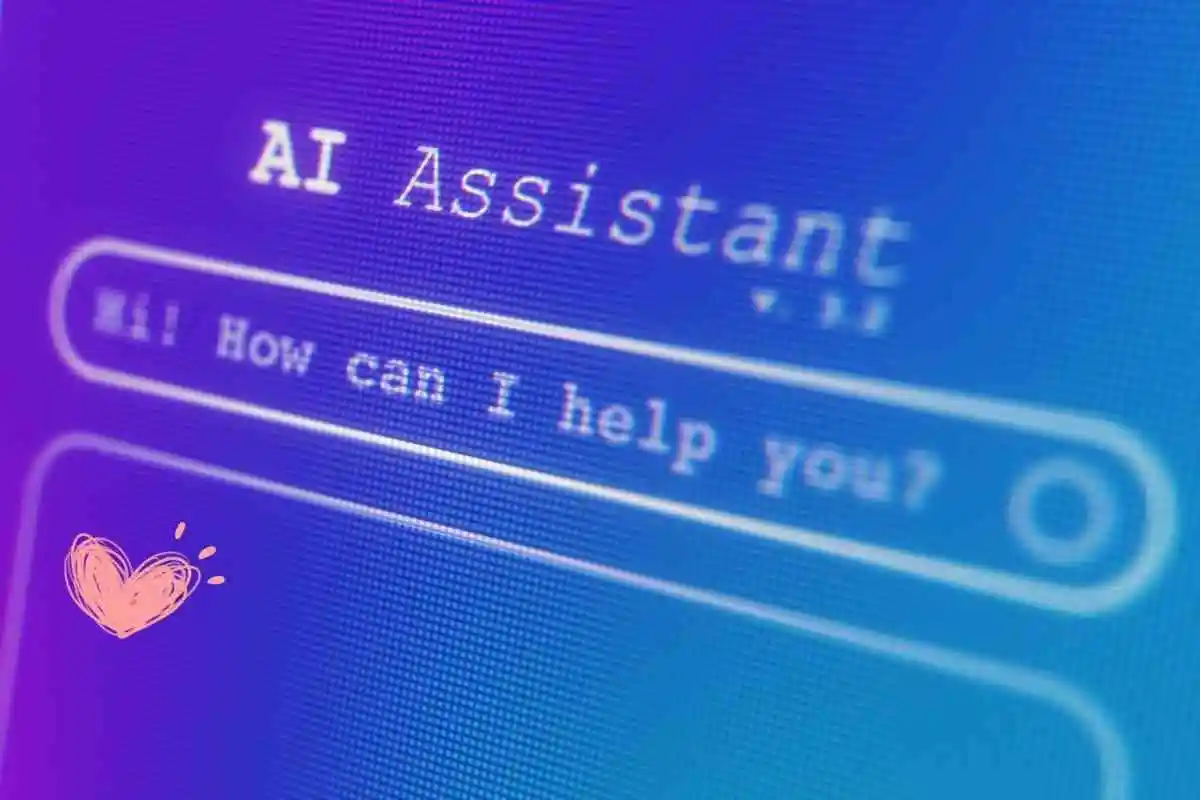LoveGPT: Chat with AI Girlfriend – AI-Powered Platform
ChatGPT is a useful tool for gathering information and generating creative content. Still, it can also be used for malicious purposes, as with a new tool LoveGPT that seeks to deceive the user by pretending to be a compatible person on the most popular dating applications.
LoveGPT is the name that the Avast team of researchers has given to a tool designed to scam dating, as reported in a press release. To do this, start conversations with potential victims.
These conversations “sound eerily authentic,” as Avast Security Evangelist Luis Corrons notes, as “you can talk about your favorite movies, empathize with your daily struggles, and even share fictional memories that move you.”
LoveGPT “not only imitates human interaction; it elaborates it, creating conversations so real that even the most demanding could be fooled,” asserts Corrons.
This realism is because cybercriminals have turned to ChatGPT. This OpenAI technology “gives it another level of power” since the tool is not new. Still, its capabilities are, since it goes one step beyond the traditional catfish and the fake profile.
Avast they point out that LoveGPT has targeted popular dating platforms where users do not know if they are flirting with a real person or a bot. Specifically, they identify your activity on Ashley Madison, Badoo, Bumble, Craigslist, DuyenSo, Facebook Dating, likeyou.vn, MeetMe, OkCupid, Plenty of Fish (POF), Tagged, Tinder, and Zoosk.
To try not to fall into the trap of the love chatbot, Avast advises doing a little research on the other person if the user finds a conversation that is too perfect or a profile that is too polished, for example, with a quick reverse image search, which can reveal if that profile image was taken from somewhere else.
They also recommend looking for profiles “that seem overly eager to share personal stories or request personal information.” In line with this, you should never share personal data such as your home address, place of work, or financial information with someone you just met online.

